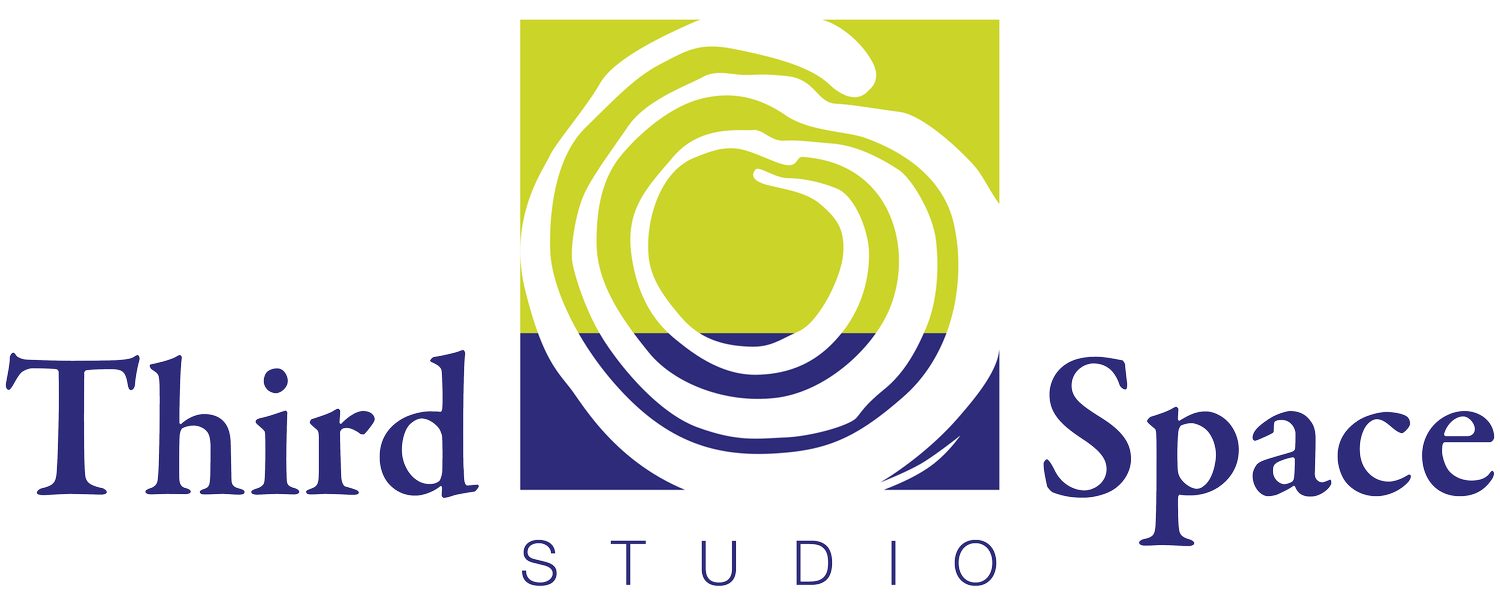The Importance of a Long Vacation
This is my first week back to work at Third Space Studio after a seventeen-day vacation—and I promise this isn’t just a note about how much fun I had (though there is some of that).
When I let Heather and Meredith know about my vacation plans, they were encouraging and understanding. But I insisted that I’d be doing some work from abroad.
“Please don’t worry about working,” Heather said.
“I believe in the power of vacation,” Meredith said.
“I think I’ll just do some work here and there,” I said.
Overwhelmed? Maybe it’s time to take a break (or, a statue at Jardin des Plantes).
But day one was filled with travel and pastries and magical alleyways, so there was no work to be done. Then day two had even more to see (and eat). Finally, at my spouse’s urging, I gave up on the notion that I’d be a productive employee during my time away. I let myself listen to the smart people who told me to really, truly vacate. They were all right.
I was very lucky to be relaxing in France, a country that has twenty-five mandatory vacation days written into their labor laws. The United States, by comparison, has zero. That’s likely part of what makes it so hard to convince ourselves to take a real break. Despite our cultural habits to the contrary, time away from work is a critical to our health, happiness, and productivity.
Don’t just marinate in your stress— step away from it (or, olives at the market).
Numerous studies have outlined the importance of taking a break from work. Some have even shown that skipping vacations can lead to an increase in health conditions linked to stress, like heart disease. But there are quality-of-life-threatening outcomes too, like burn out, loss of productivity, overall wellbeing, and more.
Here are two perks of taking a break that I noticed over the past few weeks:
TAKE TIME TO DESTRESS
My spouse and I made the decision to turn off not just from work, but also from the news. There are stressors waiting for us every time we look at our phones—work emails, personal to-dos, political distress, environmental catastrophe…
We know it doesn’t go away when we look away, but it’s important to trust that the movement (or project) will continue without your constant input or consumption. In this way, vacation can even be an exercise in humility.
I don’t consider myself a highly stressed person, but I was surprised at how obvious my nervous system’s reaction to vacation was—I laughed easier; the persistent knot in my shoulders vanished. My spouse noticed that his weekly headaches were absent. It’s also burn-out prevention, and a kindness to your future self.
Changing our pace of life and allowing ourselves time to relax, reflect, and breathe felt like fuel for moving forward.
COME BACK SWINGING
The first morning that I opened my work email following the trip, I felt a rush of anticipation and excitement. I was eager to catch up with my colleagues and looking forward to the work. My time away gave me the opportunity to look at my work with fresh—and rested—eyes.
The road to burn out (or, a vineyard sculpture walk in Provence).
Stepping away from the tasks and problems meant breaking my thought patterns. To-do items that seemed daunting before vacation were easy to parse down and solve; I easily overlooked a few annoying little tech issues that had frustrated me to distraction a few weeks before. In this first week back, I’ve felt much more productive and present—a benefit to myself and to my team members!
Additionally, disrupting my work routine also meant I’ve made space for myself to analyze what parts of it work and what parts don’t serve me. Without a vacation, it would have been much harder to get myself out of the habitual patterns of my thoughts and my days.
Are you letting yourself take breaks, vacations, pauses? If not, what are the things that are keeping you from unplugging and turning off from work? I encourage you to think of all the ways vacation can be beneficial to your health, your wellbeing, and even your work.
- Adrienne
